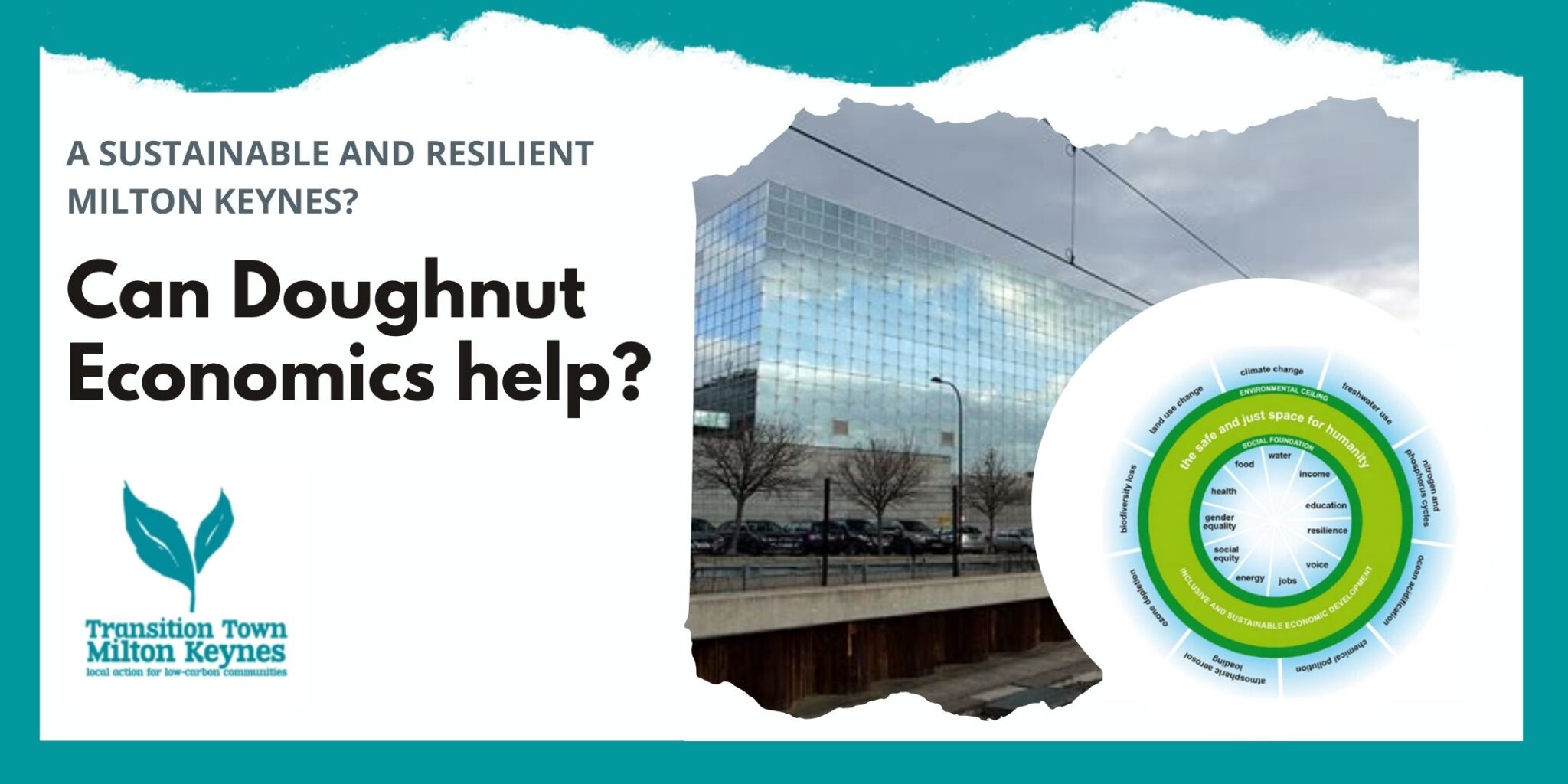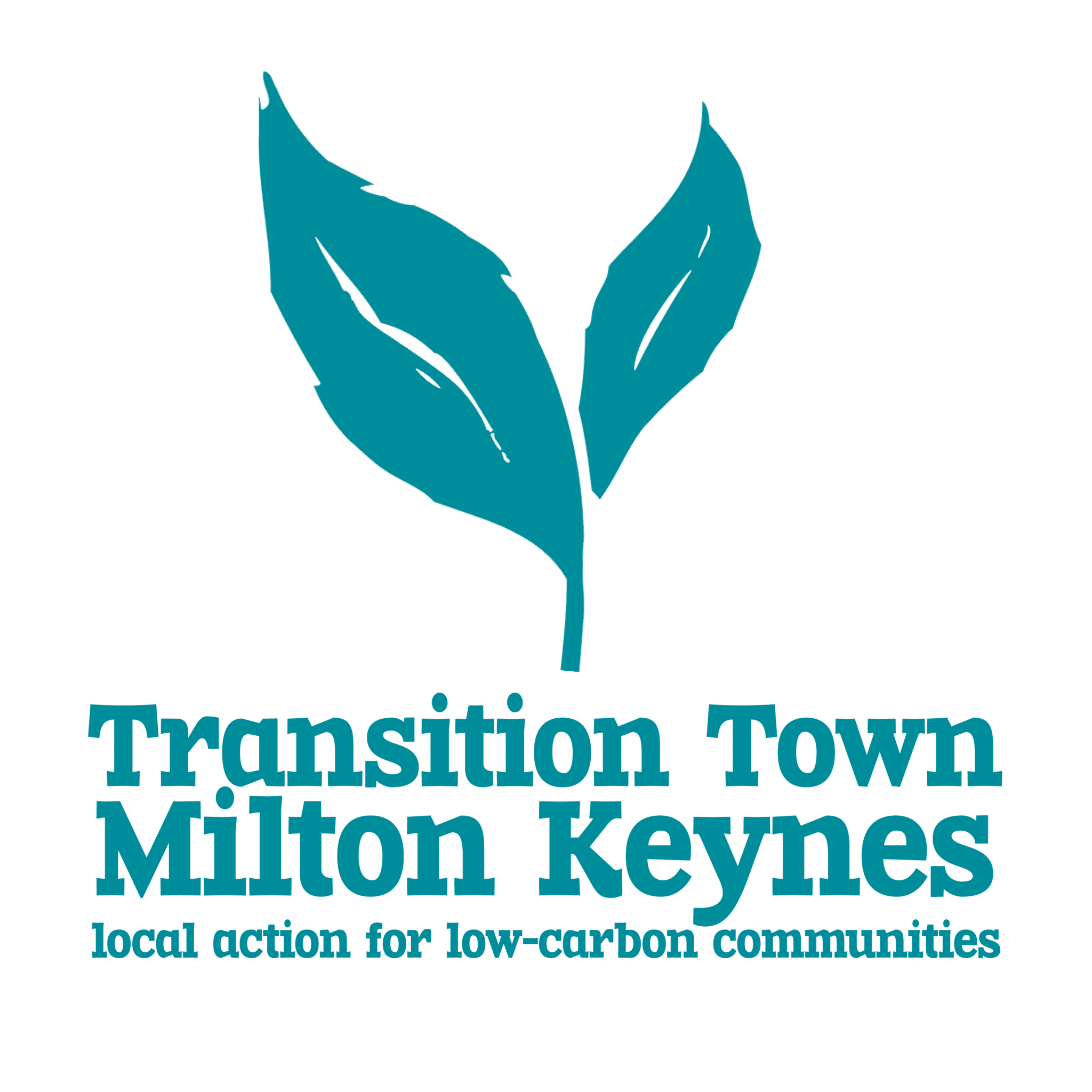
A Sustainable and Resilient Milton Keynes? Can Doughnut Economics Help?
Others have done it. Would it be useful for us? Workshop to discuss the Doughnut Economics Model and applying it to Milton Keynes.
The Doughnut Economic model, developed by the economist Kate Raworth, has two limits to economic activity – meeting social needs and living within planetary boundaries. Given that many solutions to our ecological crises (greenhouse gases, water scarcity, soil erosion and impoverishment, biodiversity loss, air pollution, etc.) are expensive, we need to ensure that our responses do not create greater social injustice. Whatever plans come out of central government to deal with our crises, the specific issues facing our area also need to be taken into account; we need our own discussions on what sustainability and resilience look like for our borough and how to get there.
Would a local model that maps our specific social needs and the ecological boundaries in our borough help us? What would it take to draw up such a model? How could different sectors be involved?
Transition Town Milton Keynes wants to answer these questions and has partnered with the Doughnut Economic Action Lab (DEAL). Rob Shorter from DEAL will lead our workshop on Saturday 23rd October at MK Gallery. Registration starts at 9:30 for a 10:00 start. We will finish at 13:00.
Rob leads DEAL’s work with communities of place and purpose that are drawing on the core concepts of Doughnut Economics to respond to the climate and ecological emergency and social inequality. He is most interested in the ways in which everyone can contribute to this collective challenge, and as part of his Masters in Economics of Transition at Schumacher College, he created the Imagination Sundial, a framework for teachers, designers and facilitators to intentionally cultivate the collective imagination towards a world in which people and planet thrive in balance.



